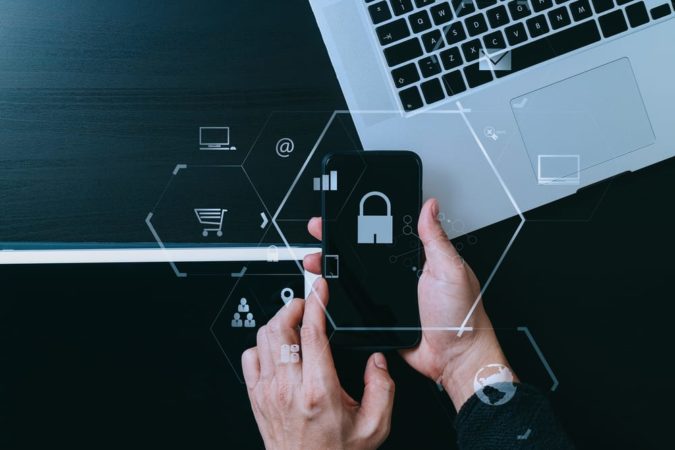
Let’s find what you’re looking for. Search our resources, blog, pages, and any other content on our website.
Enterprises have largely embraced the benefits of Voice over Internet Protocol (VoIP) systems over traditional telephone solutions. Besides a lower monthly cost, VoIP has advanced to provide superior voice quality and access to a range of integrated tools in the form of Unified Communications (UC). With this broader range of features also comes a broader security plane, and specific techniques are required to address VoIP security.
VoIP uses the internet to transmit data, so it provides a greater opportunity for hacking, malware and viruses. While this should never deter a company from harnessing the benefits that come with VoIP, it does mean that VoIP security should be addressed using five key protections:
Monitor and back up the system regularly. Monitoring is critical, because a hacker will often spend time probing around to see what’s detected before they strike. Unless you’ve been monitoring regularly, your system will struggle to identify unusual activity, such as a user that normally never logs in at a certain time of day or a user accessing files they haven’t required access to in years.
Regular backups ensure that whether you’re struck by ransomware or a natural disaster, it won’t affect business continuity.
Encrypt all data. Encryption makes it more difficult for your system to be hacked, but it also makes any data that’s obtained difficult to read. If your data can’t be read, it’s not likely to be used against you.
Implement multifactor authentication. You need more than just passwords to prevent a VoIP security breach. This may include security pins or a biometric data point. It can also involve a text with a limited expiration date that allows access to the system.
Require quality passwords. Don’t allow employees to use their birthdays, college mascot or pet’s names for passwords. Instead, they should be a combination of upper and lowercase letters, numbers, and symbols and the more random they are, the better.
Invest in training. Employees need to be fully invested in and understand their role in keeping company data safe. Take time to explain to employees the role each person plays in protecting the company. Encourage them to protect their passwords and report any suspicious activity immediately.
Many enterprises find that handling VoIP security is best accomplished through managed services. It frees up the IT team to focus on other projects, and by hiring a company that specializes in VoIP security, the organization has access to the latest innovations in security.
To learn more about the benefits of VoIP and how they are applied in a particular organization to lower costs and improve productivity, contact us at Access One.